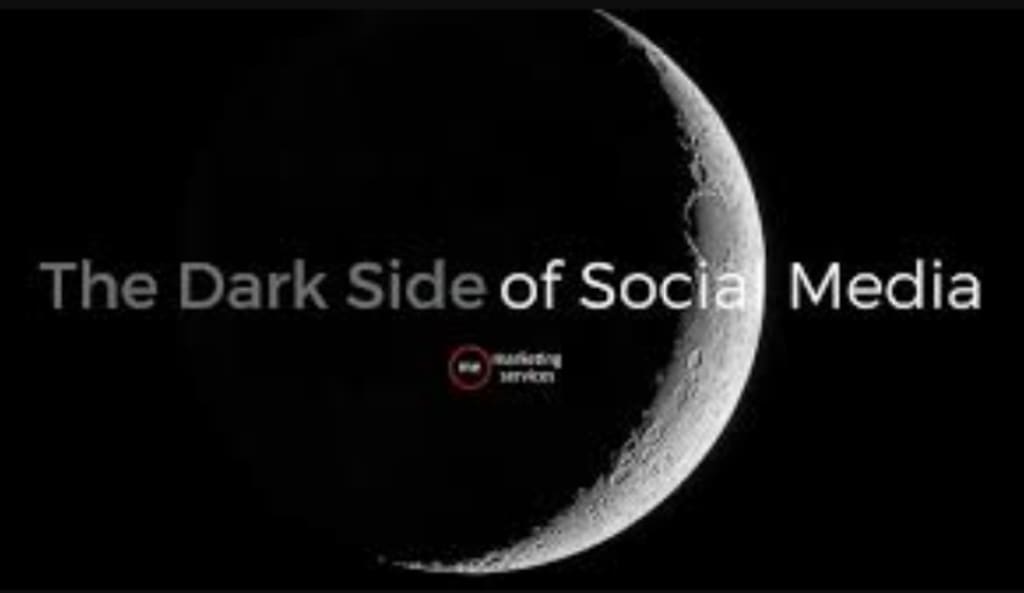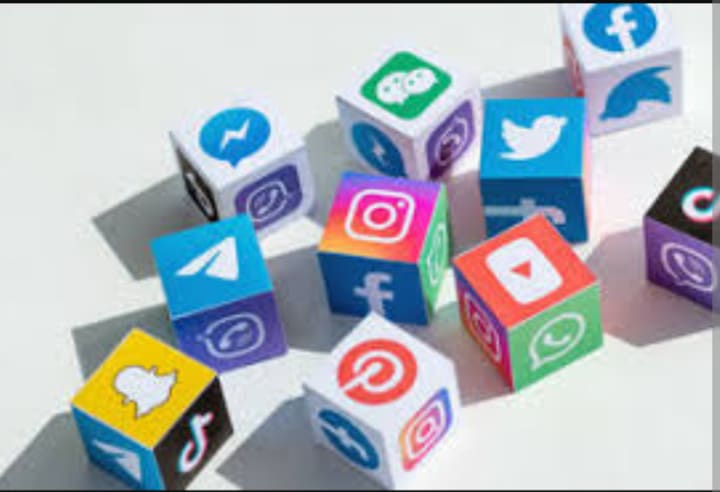Exploring the Dark Side of Social Media
Understanding its Impact on Mental Health and Strategies for Healthy Digital Engagement

Introduction
Social media has transformed the way we connect, share information, and interact with others. While it offers numerous benefits, there is a growing concern about its impact on mental health and well-being. In this article, we will delve into the dark side of social media, exploring its potential negative effects on mental health and discussing strategies for healthy digital engagement. By understanding the psychological mechanisms at play and adopting mindful practices, we can navigate the digital landscape more effectively and maintain a positive relationship with social media.

Section 1: The Psychological Impact of Social Media

- Social comparison and self-esteem: Social media platforms often present an idealized version of others' lives, leading to social comparison and potential negative impacts on self-esteem and body image.
- Fear of missing out (FOMO): The constant stream of updates and activities on social media can contribute to feelings of exclusion, anxiety, and the fear of missing out on social experiences.
- Cyber bullying and online harassment: The anonymity and perceived distance on social media can facilitate cyber bullying, which can have severe psychological consequences for victims.
- Addiction and excessive use: The addictive nature of social media and the constant need for validation through likes, comments, and followers can lead to excessive use and potential negative mental health outcomes.
Section 2: Social Media and Mental Health

- Depression and anxiety: Studies have linked heavy social media use with increased symptoms of depression and anxiety. The constant exposure to curated, filtered, and idealized representations of others' lives can contribute to feelings of inadequacy and loneliness.
- Sleep disturbances: The blue light emitted by screens and the engagement with social media before bedtime can disrupt sleep patterns, leading to insomnia and other sleep disturbances.
- Body image dissatisfaction: The pervasive presence of carefully edited images on social media platforms can contribute to body image dissatisfaction and disordered eating behaviors, particularly among vulnerable populations.
- Loneliness and social isolation: Paradoxically, while social media connects people across vast distances, excessive reliance on online interactions can contribute to a sense of loneliness and social isolation.
Section 3: Strategies for Healthy Digital Engagement
- Setting boundaries and managing screen time: Establishing limits on social media use, such as designated periods of engagement and digital detoxes, can help maintain a healthy balance between online and offline life.
- Curating the social media feed: Actively curating the content we consume by following accounts that inspire, educate, and promote positivity can contribute to a healthier online experience.
- Practicing digital mindfulness: Being mindful of our emotions and reactions while using social media can help us recognize negative patterns, manage triggers, and respond thoughtfully rather than impulsively.
- Cultivating offline connections: Actively fostering real life relationships and engaging in activities outside of the digital realm can help counterbalance the potential negative effects of excessive social media use.
- Promoting positive self care : Engaging in self care activities, such as exercise, hobbies, and mindfulness practices, can help maintain mental well-being and provide alternative sources of fulfillment.
- Seeking support when needed: If social media use begins to have a significant negative impact on mental health, it is crucial to seek support from friends, family, or mental health professionals who can provide guidance and assistance.
Conclusion:
Social media has undeniably transformed our lives, but it also carries risks to our mental health. By understanding the potential negative impacts, we can take proactive steps to engage with social media in a healthier and more mindful way. Implementing strategies such as setting boundaries, curating our social media feed, practicing digital mindfulness, fostering offline connections, and prioritizing self care can help mitigate the negative effects and





Comments
There are no comments for this story
Be the first to respond and start the conversation.